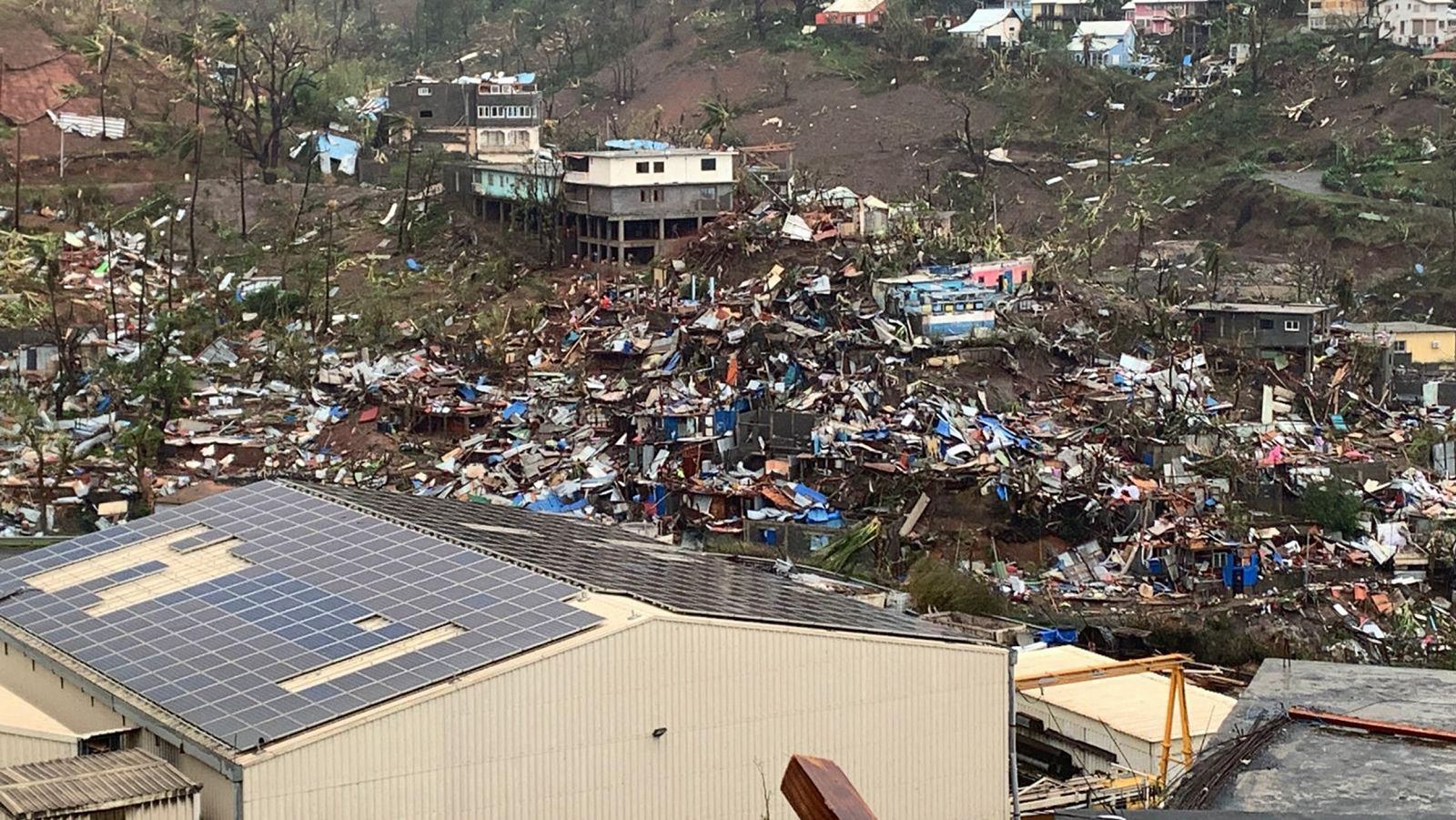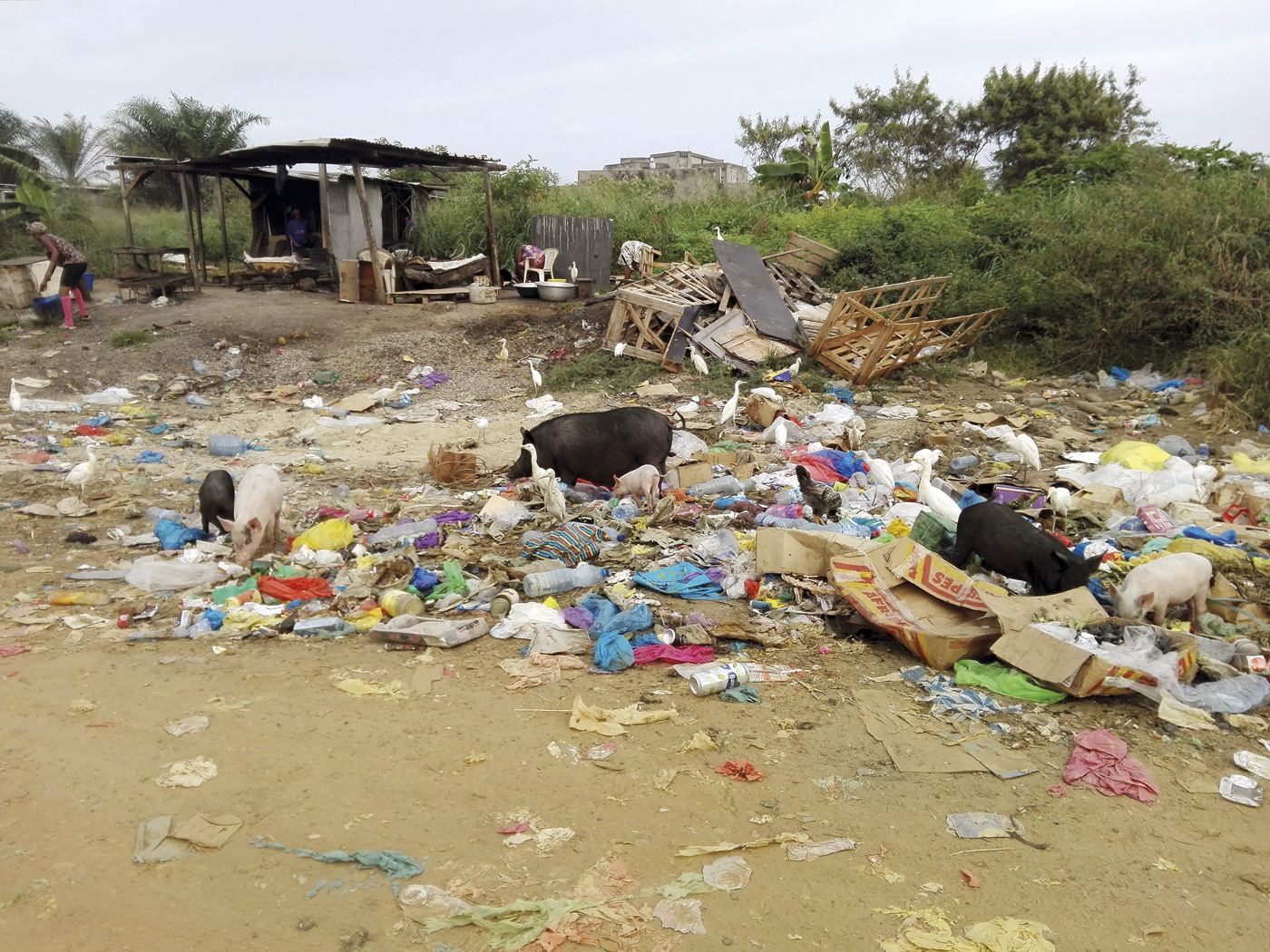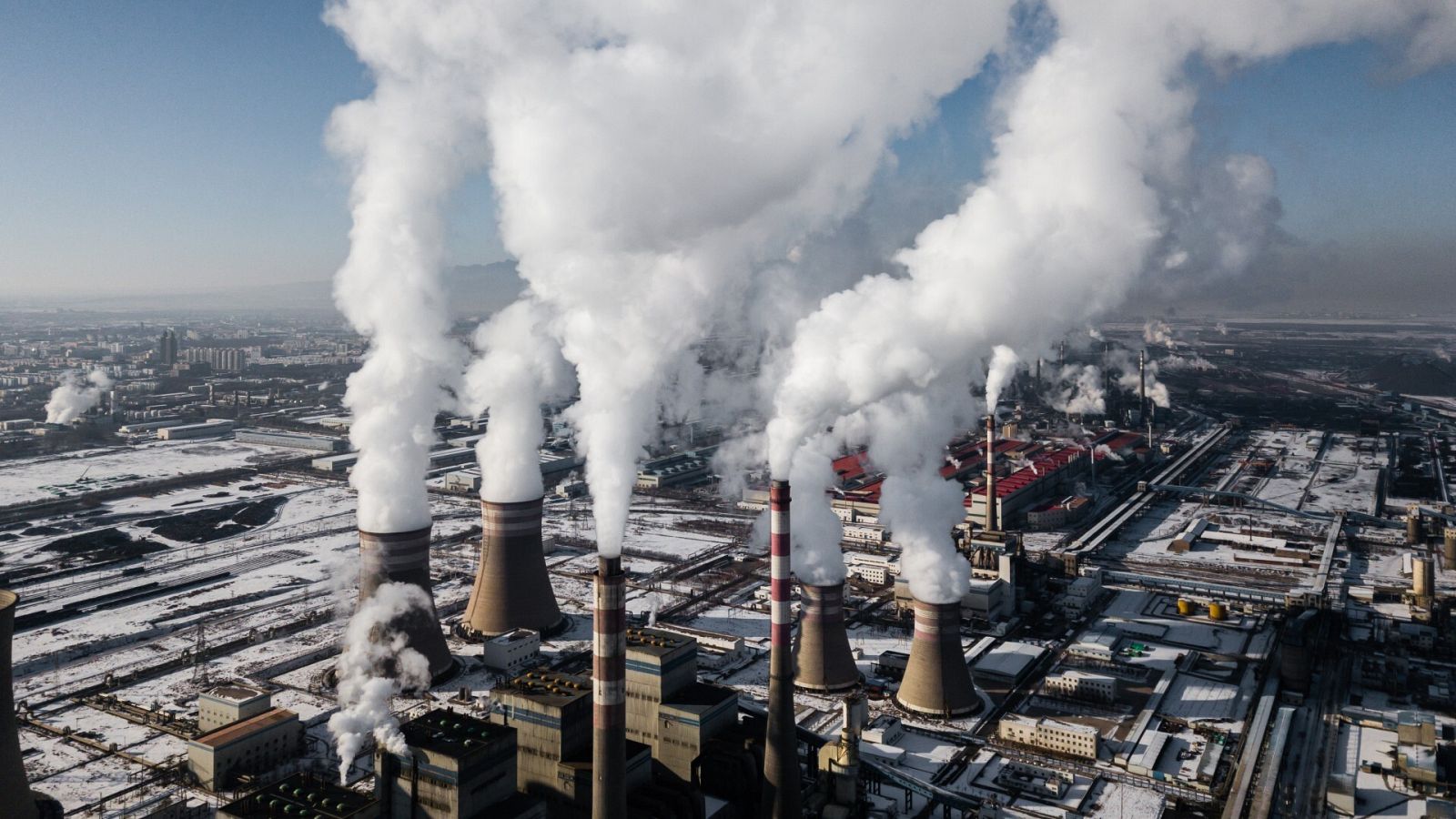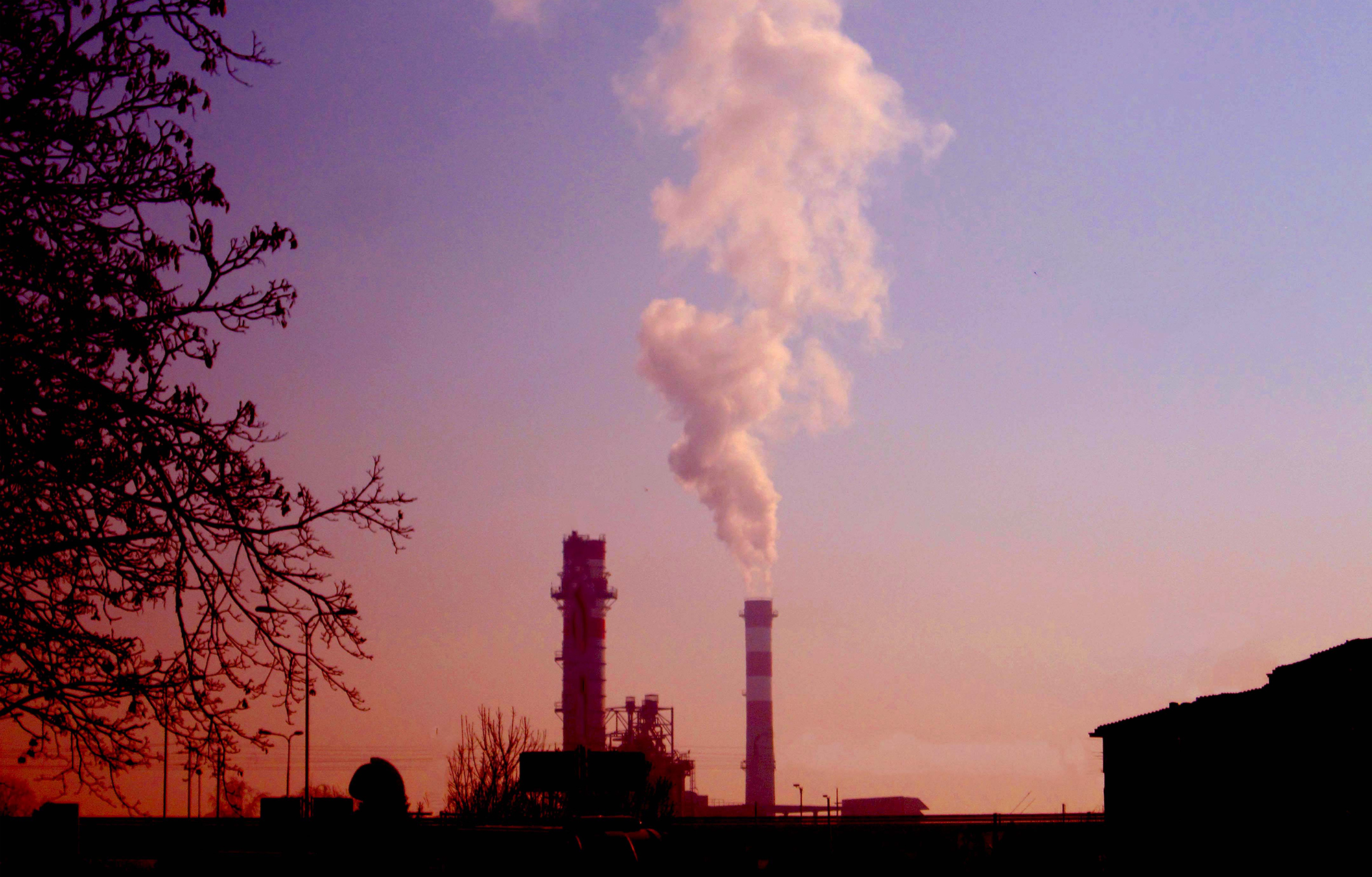In half a century, heat will be unbearable for a third of the earth's population.
- Global warming will make the planet uninhabitable for 3.5 billion people by 2070, due to high temperatures. According to one study, this situation will lead to millions of people being pushed to survive in places where temperatures are lower.

The destruction of biodiversity and climate change will cause Earth’s temperature to rise by 2 to 3 degrees in the coming decades, according to current assumptions. That has been repeated to us. But this increase is global and takes into account the surface of the oceans that are much cooler. This marine space is 70 percent of the planet, but the rest, the Earth's surface, will be heated much more, with an intensity of 6 degrees or more.
Consequently, an international study published on the PNAS web portal in the United States reveals that in half a century approximately one third of the inhabitants of the Earth live in areas where heat is unbearable to survive. This will affect over 3.5 billion people around the world.
As explained in the journal A l’encotre, researchers from different countries have participated in the study and one of the conclusions is that every time a degree of temperature rises in the world, one billion people will be pushed by heat outside their territories.
Historically, humans have lived in areas with an average heat of between 11 and 25 degrees for at least the last 6,000 years; it is a kind of “climate summit”. Thus, researchers consider that "it is not viable" to live with averages above 29 degrees Celsius. Today, this temperature occurs in the vast deserts of the Sahara, but within 50 years the same could happen in 19% of the Earth and for billions of people it would be impossible to plant and live there crops.
Although the approach is not much better if we took measures to slow down global warming, 1.5 billion people would continue to live on land that exceeds that unbearable temperature barrier.
“Anyone who has money to buy air conditioning will remain, but for the majority the only option will be migration,” says the author of A l’encontre’s article. Countries that build walls at borders will condemn millions of people to death scientifically.”
The understanding and interpretation of the mathematical language is what is important in the learning process, at least it is what we say to our students. The language of mathematics is universal, and in general, the margin of error for interpretation tends to be small. We... [+]
Recently, when asked what the climate emergency consisted of, a scientist gave the excellent answer: “Look, the climate emergency is this, you increasingly see on your mobile more videos related to extreme weather events, and when you realize, it’s you who are recording one... [+]
In recent weeks it has not been possible for those of us who work in architecture that the climate phenomenon of Valencia has not been translated into our work discourse. Because we need to think about and design the path of water in decks, sewers, plazas and building parks. We... [+]






















